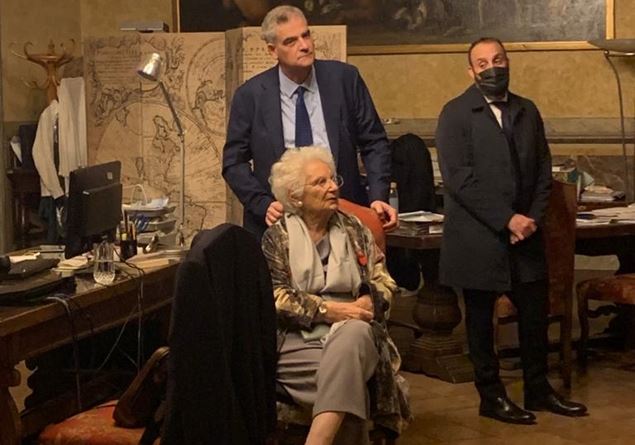Silvia da Dalt*
The commercials have always reflected something of us, of the social, of the cultural and identity directions that pass underground, undisturbed. Recently many will have remained gently affected by some advertisements of a well-known online trade company that leverage the theme of people’s deep desires. In particular, in a spot you can see a boy who, recently moved with his mother to a house by the sea, tries to go to his skate on the coast of sand and grass, because in that new country, evidently, there are no surfaces Suitable (but really?) or special slopes. Disconsolate and angry leaves the skate and returns to the house (moreover equipped with a long way to concrete entrance …). The boy’s mother, from the window, sees the whole scene, with a regretted gaze; Then he smiles because he has an idea. Goes to the company’s website in question and makes an order. You can see a package at the door of the house and the trepidant mother who goes to the room by her son, lying on the bed with headphones and cell phone, and makes him open the gift. The son is surprised and incredulous and runs to try his new beautiful surfboard on the waves. Happiness.
The indisputable romanticism of this spot makes some very important nuclei of meaning unnoticed, which have to do with fundamental social and educational aspects. The first dynamic is: I have a frustration, I give up. I don’t activate myself. Instead, the parent who gives an immediate solution is activated, without the need for the son to speak, expresses the lack and, therefore, the desire. The void is immediately filled, there is no space of waiting, of the demand, the search for alternative solutions to the object and immediate enjoyment. Look for a suitable place to skate? Moving away from home? Never be; Better to look after, hypercurre, immediately resolve efforts and sadness. The son does not even try to deal with desire and, moreover, falls asleep his thoughts with the passivity that gives the mobile phone.
The theme of knowing how to be lacking in order to develop personal desire and activation is therefore intertwined without continuity, with two other major current issues. On the one hand, the hyper-presence of maternal care. On the other the intoxicating “milk” of consumption. Dr. Pigozzi, psychoanalyst and philosopher of prominent, addresses – and it is no coincidence – both themes in her texts, referring to the widespread surpluster (term you coined by referring to a specific method of care towards the children) and the growing childhood of the ‘human being and young people in particular. Hyperaccourage, hypernutrimento, intrusiveness, hypercondivision: everything becomes the cause of lack of evolution, growth, separation. The market has all the interest in keeping us childish and passiveized (just as the plusmower does)because it is typically children who never have enough to enjoy the object, which gives not only emotional, but also physiological, pleasure, due to the reward mechanism that is not yet regulated by the activity of the cerebral cortex. Each dependence has this mechanism, of course, even in adulthood. And the market knows it. “We are immersed in an economy that aims to build ourselves as drug addicts craving for banal products covered with almost magical powers. The childish is functional to the market ». So writes Pigozzi in his latest work, The age of the string (Rizzoli, 2024).
Why is it important to keep your eyes open on these themes? Because they are directions that feed each other in synergy, strengthening each other: surpluster, consumerism, death of desire. It is out of doubt that the boy makes tenderness; He had to leave places and affections and is certainly experiencing a sort of mourning within himself. And this is what should be given and listening to. Instead, there is only the space of a click, a purchase of mom and a solution linked to the object. A splash of happiness until the next click.
*Silvia da Dalt, Dr. in Psychological Sciences and Techniques, is a professional socio -pedagogical educator and learning tutor











